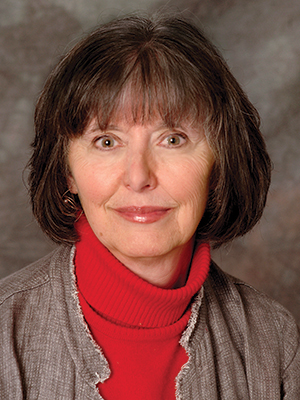
Hester Hill Schnipper Photo courtesy of Beth Israel Deaconess Medical Center
SECOND OPINIONS CAN BE A BLESSING OR A BANE. Getting another doctor s take on your diagnosis or treatment can be reassuring if both doctors agree, but overwhelming if opinions differ.
Even so, it makes sense to proceed with a second opinion if there is any question in your mind. You do not want to look back after going through treatment and wish that you had more information.
Here are some considerations:
1) It s wise to tell your doctor that you re planning to get a second opinion.
2) When looking for doctors to provide a second opinion, do your homework. Find experts who have experience treating your type of cancer. Check with your current doctor, advocacy groups that focus on your type of cancer, and knowledgeable friends and family.
3) Seek out a doctor not part of your current doctor s practice. Physicians at other facilities may have slightly different perspectives.
4) Make sure your insurance covers a second opinion with the doctor you have chosen. If your insurance does not cover this doctor, you may choose to pay for a single visit or to find another physician who is covered under your plan.
5) When you schedule the appointment, be sure to tell the scheduling staff that you are seeking a second opinion and ask what information they need. For example, you might be asked to send imaging scans, tissue samples, pathology slides and reports, and blood test results. You should also be prepared to answer any questions about your medical history.
6) Be clear about what you want to achieve from getting a second opinion. Do you want someone to weigh in on your current treatment, or are you considering switching your care to another physician? If you are looking for additional perspective without necessarily changing your doctor, you may choose to travel some distance for this appointment. Going long distances for regular care would be difficult.
7) If you are looking to change doctors, remember that chemistry matters, but so do experience and expertise. No matter whom you choose, you should feel heard and respected.
8) If you plan to continue receiving care with your current doctor, ask the second doctor how to get a copy of the visit notes and recommendations, so you can share this information with your current doctor.
9) Organize your thoughts and questions before the appointment to make the best use of the time.
10) Be prepared for the possibility of hearing something that will complicate your situation. It is reassuring to get confirmation for a treatment plan, but it can be distressing to have someone suggest a different course.
Navigating cancer and its treatment can bring a lot of uncertainty. Asking the right questions and having a clear purpose can help you get information to navigate your treatment course with confidence.
Cancer Today magazine is free to cancer patients, survivors and caregivers who live in the U.S. Subscribe here to receive four issues per year.





